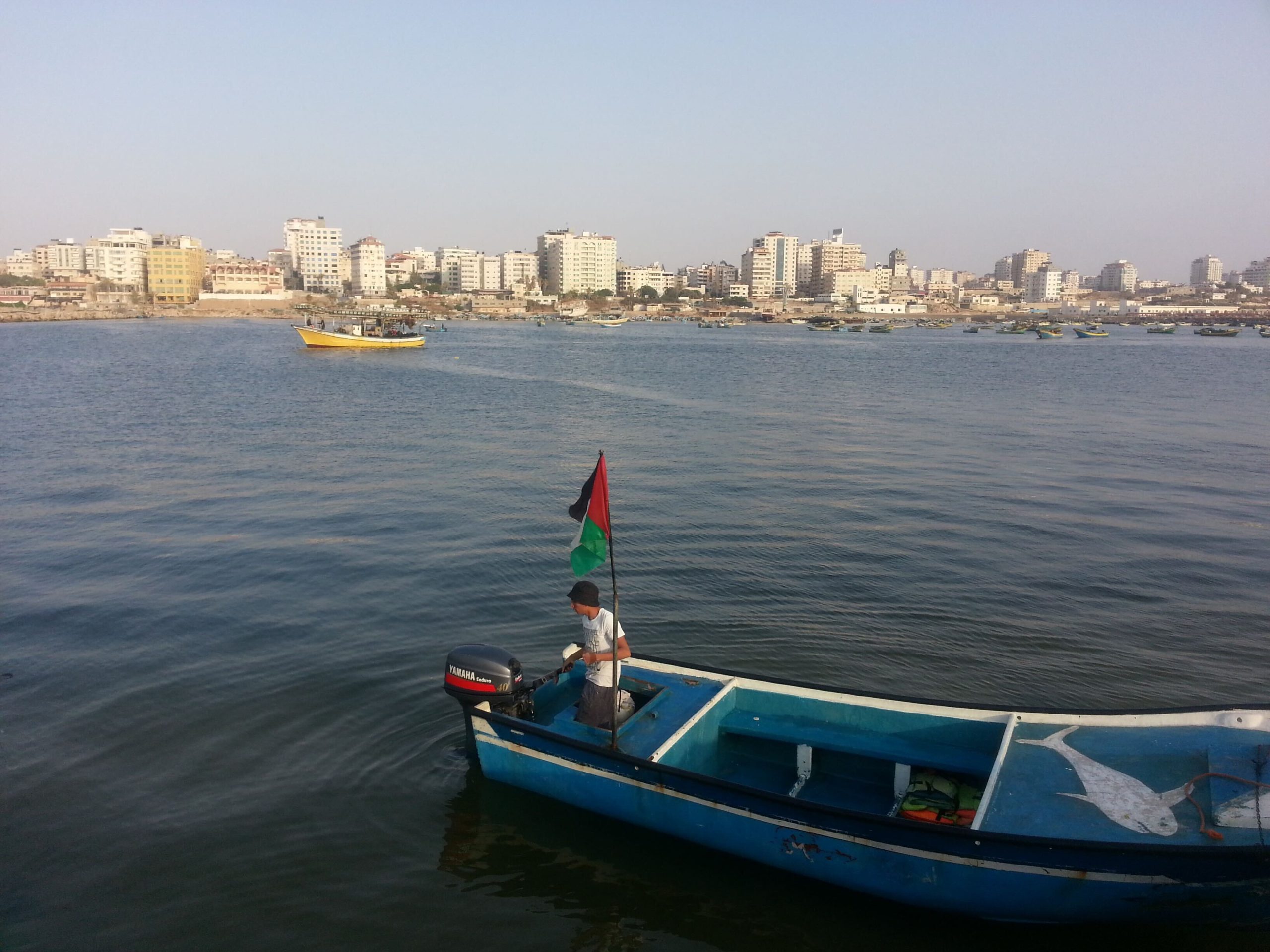
Leyan AlMaqousi
Legal Fellow
The International Court of Justice (ICJ) ordered Israel to halt its military operations in the southern Gazan city of Rafah for the third time on May 24th. The CourtŌĆÖs directive was clear: Israel was to stop any military actions potentially leading to the physical destruction of Palestinians and ensure unimpeded access for humanitarian aid as well as investigations into the genocide allegations. This ruling not only underscored the severity of the accusations but also emphasised the international communityŌĆÖs imperative to intervene in situations where the risk of genocide appears imminent.┬Ā
These orders came following South AfricaŌĆÖs courageous decision to initiate legal proceedings against Israel at the ICJ in December 2024 after more than two months of IsraelŌĆÖs relentless bombardment of the Gaza Strip. This significant move stemmed from allegations that IsraelŌĆÖs actions in Gaza, beginning on October 7th and extending into the broader context of its long-standing occupation of Palestinian territories, amounted to genocide under the conventions of international law.┬Ā
South AfricaŌĆÖs application to the ICJ was comprehensive, tracing the roots of the alleged genocidal acts over decades of apartheid, occupation, and blockade. Citing continuous severe atrocities, South Africa demanded urgent provisional measures to prevent further harm to Palestinians, referencing the erga omnes principle ŌĆö obligations states have to the entire global community ŌĆō as justification. This principle was crucial to South AfricaŌĆÖs legal standing and argument that all signatories of the Genocide Convention, including Israel, have a collective responsibility to prevent actions that could be construed as genocidal.┬Ā

The ICJŌĆÖs response came on the 26th of January 2024, when it ordered provisional measures demanding Israel cease its military operations in Gaza. It then added more provisional measures in March due to the deteriorating humanitarian situation there. However, the humanitarian crisis in the Gaza Strip did not improve. Israel continued its military operations, disregarding the two orders made by the ICJ. Leading to the most recent order, released in May, reaffirming IsraelŌĆÖs obligation to ŌĆ£immediately and effectivelyŌĆØ implement the previous provisional measures as well as those contained therein.┬Ā┬Ā
Despite the ICJŌĆÖs decisive action, the situation on the ground post-ruling paints a grim picture of compliance. Mere minutes after the order, Israeli forces launched an intense bombardment in Rafah, demonstrating a stark disregard for the CourtŌĆÖs mandates.┬Ā Then, two weeks after this escalation,┬Āa devastating massacre occurred in the Nuseirat refugee camp taking the lives of over 270 Gazans, including women and children.┬Ā┬Ā
The repeated military actions post-ICJ rulings raise critical questions about the effectiveness of international law and the mechanisms at its disposal to enforce its rulings. The ICJ, while a respected entity capable of adjudicating matters of grave concern, lacks direct enforcement powers. This limitation significantly hinders its ability to prevent the continuation of acts it deems contrary to international law.┬Ā
The ongoing defiance by Israel also brings to light the challenges faced by the international community in addressing and curbing statesŌĆÖ actions that violate international norms, especially when those states are bolstered by significant geopolitical support. The erga omnes principle, despite its noble intent to safeguard global values, faces substantial obstacles in practice, as states weigh their diplomatic and strategic interests against their legal and moral obligations.┬Ā┬Ā
As the world watches events unfold in Gaza and the responsesŌĆöor lack thereofŌĆöfrom global powers, the role of the ICJ and the effectiveness of international law are under intense scrutiny. The South Africa vs. Israel case is not just a legal battle; it is a litmus test for the international legal systemŌĆÖs capacity to uphold justice and human rights across national boundaries and political alliances.┬Ā
The South Africa vs. Israel case is not just a legal battle; it is a litmus test for the international legal systemŌĆÖs capacity to uphold justice and human rights across national boundaries and political alliances.
Looking forward, the international community and the ICJ must consider ways to strengthen the enforcement of their directives. Whether through more robust mechanisms within the United Nations system, increased diplomatic pressure, or economic sanctions, the need for actionable tools to ensure compliance with international law has never been more apparent. The effectiveness of these measures, however, will largely depend on the collective will of the international community to prioritise human rights and justice over political interests and expediency.┬Ā
The big question now is what will the ICJ do next? Will they or the member states enforce measures to ensure Israel obeys the orders, or will the world continue to remain silent? The international community is at a crossroads, and the actions taken in the coming days will show whether international law has real power or if itŌĆÖs just symbolic.┬Ā┬Ā
The people in Gaza need more than just words; they need decisive action to uphold justice and protect their rights.┬Ā




2 Comments
Dear Ms. Maqousi, thank you for your post. I admire it: you are fully engaged in the issue and understand the situation. Your prose is clear and direct: you must have had an excellent English teacher at one point or another.
Take care,
Mr. Steve
Brilliant Leyan, yes, what will the ICJ do next !!!
can No-One STOP isreal.
They have Trampled all over Human Rights and International Laws, made a Mockery of The Rules Based System…